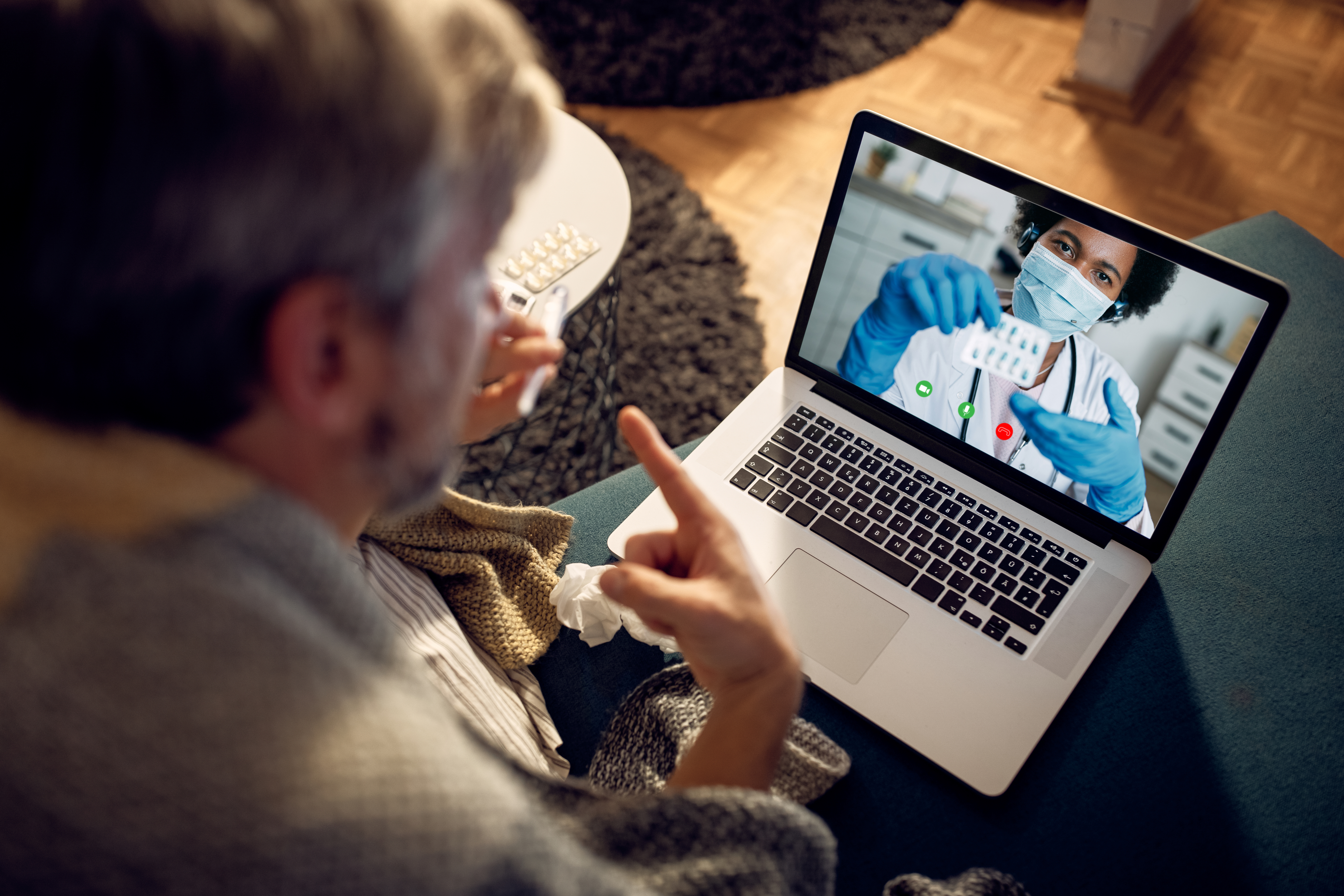How Telemedicine is Changing the Way Patients Recover After Traveling for Treatment

Strong 8k brings an ultra-HD IPTV experience to your living room and your pocket.
Picture this—you’ve just had surgery abroad. Maybe it was a hip replacement in India or a liver transplant in Turkey. Everything went great, and now you’re back home, but here comes the big question: What happens next? How do you check in with your doctor without flying halfway across the world? What if you have concerns about your recovery or need adjustments to your treatment plan?
This is where telemedicine has stepped in, making the whole process of post-treatment care for medical tourists smoother, smarter, and, honestly, way less stressful.
Let’s Be Real: Post-Treatment Worries Are a Big Deal
If you’ve ever thought about traveling for surgery, you’ve probably had these questions running through your head:
- “What if I need a follow-up, but I can’t afford to fly back?”
- “How will my local doctor know what the surgeon did during the procedure?”
- “What if I have a weird symptom—who do I even ask?”
You’re not alone. Most medical tourists feel this way, especially when the surgery involves something major like a heart valve replacement or an organ transplant.
Hospitals abroad are catching on to these concerns. That’s why many of them now include telemedicine as part of their post-treatment care plans. And it’s not just about video calls; it’s about staying connected with the same medical team that performed your surgery, no matter where you are.
So, How Does Telemedicine Work for Medical Tourists?
1. Follow-Ups Without the Hassle
Say you had bariatric surgery in Thailand. After you return home, you don’t need to scramble to find a local surgeon who “might” understand the specifics of your procedure. Instead, you hop on a scheduled video call with your Thai doctor, who knows your case inside out.
You can show them your incisions over video (yes, it sounds awkward, but it works!) and talk about how you’re healing. The doctor might even tweak your medication or diet plan based on what they see.
2. Your Surgeon Still Tracks Your Progress
Many top hospitals now send patients home with wearable devices or smartphone apps. These gadgets track things like your heart rate, blood pressure, or even how much you’re walking after a knee surgery.
This data gets sent directly to your surgeon, who can monitor your recovery remotely. If something looks off—like your blood pressure spiking unexpectedly—they can jump in and guide you before it turns into a bigger issue.
3. No More Language Confusion
Here’s a cool thing I bet you didn’t know: Some telemedicine platforms now include real-time translation services. So, if you’re worried about not speaking the same language as your surgeon, don’t be. They’ll have an interpreter join the call to make sure nothing gets lost in translation.
Rare Innovations You Probably Haven’t Heard About
1. AI That Knows When Something’s Wrong
Hospitals in South Korea and Thailand are now using artificial intelligence to flag warning signs in patients’ recovery data. Let’s say your post-op vitals show a slight but consistent fever—something you might not even notice. The AI spots it, alerts your doctor, and they reach out to you before it escalates into an infection.
2. VR Rehab from Your Living Room
Some hospitals in Turkey are testing virtual reality for physical therapy. Instead of going to a rehab center, you wear a VR headset at home. A therapist overseas monitors your movements and corrects you in real-time. It’s a fun, futuristic way to make sure you’re sticking to your recovery exercises.
3. Cross-Border Pharmacy Coordination
Imagine your surgeon prescribes a follow-up medication, but it’s not available in your country. Hospitals are partnering with international pharmacies to make sure patients can get the exact meds they need delivered to their doorstep.
What About the Practical Stuff?
I know what you’re thinking: “This sounds great, but what about the logistics? How do I even set all this up?”
That’s where platforms like ClinicSpots come in. They don’t just help you find the right hospital for your procedure—they also ensure your follow-up care is sorted. Whether it’s setting up a telemedicine appointment, organizing your medical records, or helping you understand the tech involved, ClinicSpots takes care of the nitty-gritty details so you don’t have to stress.
Why Is This Such a Big Deal?
Let’s face it—recovering from surgery is never fun. Add in the fact that your doctor is thousands of miles away, and it can feel downright scary. Telemedicine removes that distance. It lets you stay connected with the people who know your case best, giving you the confidence that you’re healing the way you should.
And honestly? It’s also practical. Flying back to your hospital for a quick check-up doesn’t make sense for most people. Telemedicine makes sure you don’t feel abandoned once you’re home.
The Future of Post-Treatment Care
We’re just scratching the surface here. In the next few years, post-treatment care for medical tourists is going to get even better. Think AI that can predict complications before they happen, rehab programs that use augmented reality, and international care teams that feel like they’re right next door.
If you’re considering medical tourism but worried about the “what ifs” after the procedure, know this: You’re not alone, and technology is making it easier than ever to stay connected and cared for.
So, whether you’re recovering from a life-saving transplant or something as simple as dental implants, telemedicine ensures you’re never more than a click away from your doctor—even if they’re halfway across the world.
Note: IndiBlogHub features both user-submitted and editorial content. We do not verify third-party contributions. Read our Disclaimer and Privacy Policyfor details.


